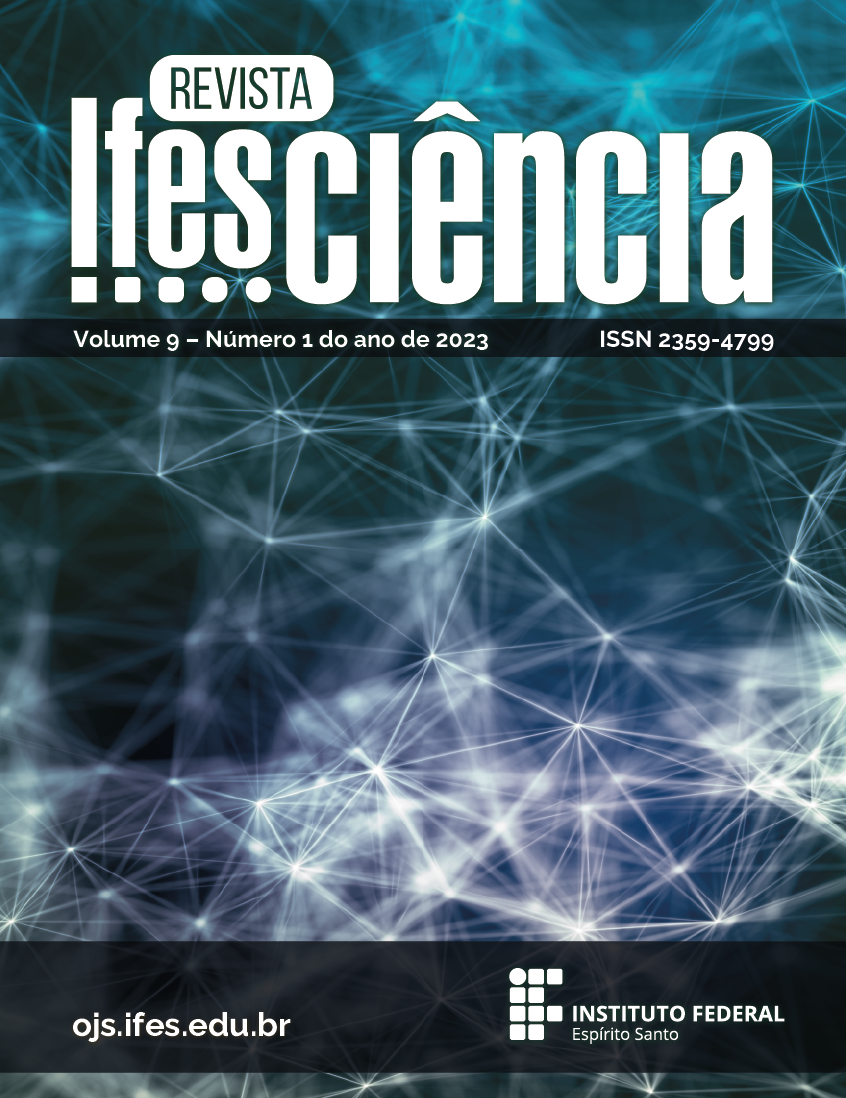INTERVENTION PLAN: FOOD AND NUTRITION EDUCATION APPLIED IN THE FIELD OF NATURAL SCIENCES AND THEIR TECHNOLOGIES AS AN ALTERNATIVE TO PEDAGOGICAL PRACTICES IN HIGH SCHOOL
DOI:
https://doi.org/10.36524/ric.v9i1.2141Keywords:
Food and Nutrition Education, Healthy Eating, Intervention Plan, Teaching of Natural SciencesAbstract
Food and Nutrition Education (FNE), after a long period of discredit in the 40s to 70s, is revitalized in the 90s, gaining strength in 2012, with the creation of the Food and Nutritional Education Reference Framework for Policies public. The Framework suggests approaches to implement EAN in Brazil, in a wide range of areas, including schools. Roles and attributions associated with teachers have also undergone considerable changes in recent decades. Due to the need for renewal, the teacher assumes responsibilities as a response to the needs of society, composing an organized body of knowledge and a set of norms and values, and is responsible for teaching, organizing and enhancing student learning. In this regard, this Intervention Plan was created with the objective of aligning EAN actions with scientific literacy in the Teaching of Natural Sciences, essential for its understanding and conception. This proposal guides teachers in this area and who work in High School, aiming at the exposition of essential theoretical foundations, in a dialogic character, in addition to the presentation of playful alternatives, so that the student reflects, argues, develops perceptions and has autonomy to propose choices that result in in the promotion of healthy eating practices that contribute, on a permanent basis, to their well-being and health.
Downloads
Published
Issue
Section
License
Copyright (c) 2023 Revista Ifes Ciência

This work is licensed under a Creative Commons Attribution-NonCommercial-NoDerivatives 4.0 International License.
Autores que publicam nesta revista concordam com os seguintes termos:
- Autores mantém os direitos autorais e concedem à revista o direito de primeira publicação, com o trabalho simultaneamente licenciado sob a Licença Creative Commons Attribution que permite o compartilhamento do trabalho com reconhecimento da autoria e publicação inicial nesta revista.
b. Autores têm permissão e são estimulados a publicar e distribuir seu trabalho online (ex.: em repositórios institucionais ou na sua página pessoal) a qualquer ponto antes ou durante o processo editorial, já que isso pode gerar alterações produtivas, bem como aumentar o impacto e a citação do trabalho publicado (Veja O Efeito do Acesso Livre).



